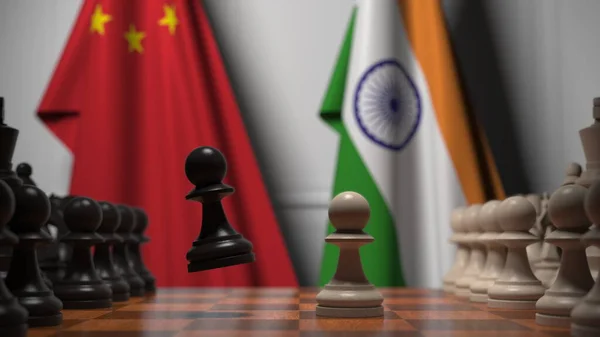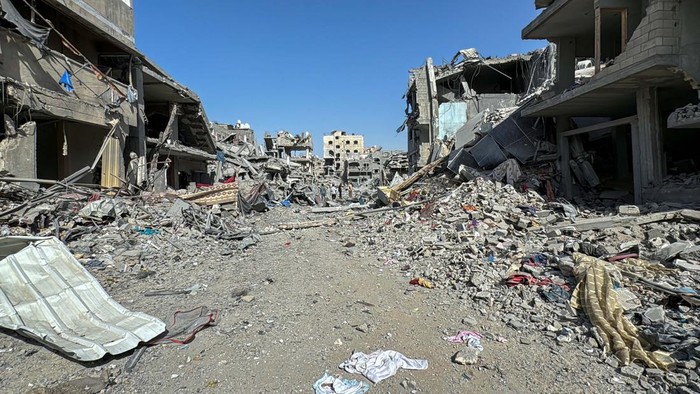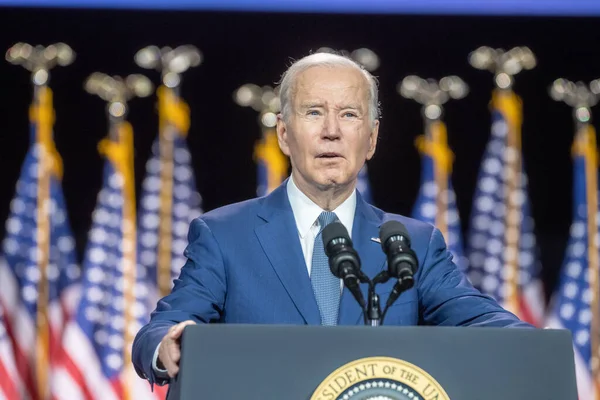Echoes of War: The Human Toll in Kashmir’s Latest Conflict

In the serene landscapes of Poonch, near the de facto border with Pakistan, tranquility was shattered as artillery shells rained down. Mohammad Iqbal, working a night shift, received a frantic call from his family about the explosions. He urged them to stay together on the ground floor, hoping for safety.
The shelling persisted for four days, marking the most intense conflict between India and Pakistan in decades. The region, often romanticized for its natural beauty, became a symbol of the enduring volatility in Kashmir.
Iqbal’s brother-in-law’s home was struck, causing injuries from shattered glass. The community mobilized to transport the wounded to hospitals, despite the dangers. The resilience of the residents was evident amidst the chaos.
Medical facilities were overwhelmed, struggling to treat the influx of casualties. While some, like Iqbal’s brother-in-law, survived, others were not as fortunate. The human cost of the conflict was deeply felt in every corner of the community.
The official death tolls reported by both nations highlighted the severity of the conflict. Civilians bore the brunt of the hostilities, with homes destroyed and lives upended. The psychological scars would linger long after the ceasefire.
The recent hostilities have further complicated the prospects for a political resolution in Kashmir. The region remains one of the most militarized in the world, with its residents enduring the consequences of geopolitical tensions.
As the ceasefire holds, albeit tenuously, the people of Kashmir hope for lasting peace. The cycle of violence has left communities like Poonch yearning for stability and a future free from the echoes of war.
support us via https://sociabuzz.com/infohit/tribe
What's Your Reaction?





















